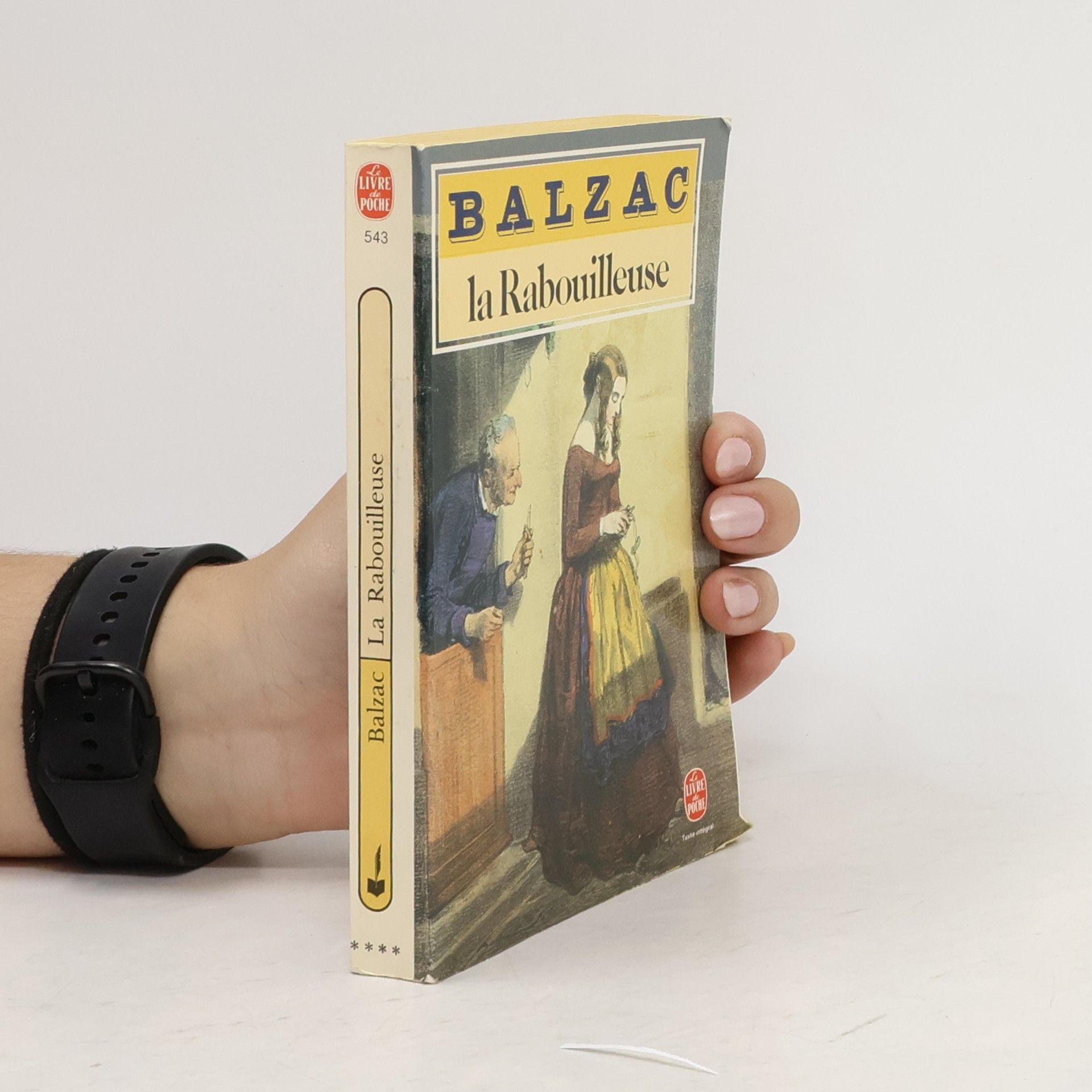Avec Pierrette et Le Curé de Tours, La Rabouilleuse forme la trilogie des Célibataires ; les méfaits du célibat sont en effet l'une des facettes de l'œuvre. Mais quand le roman paraît en 1842, son titre est Les Deux Frères. L'année suivante, dans la grande édition de La Comédie humaine, le romancier l'intitule Un ménage de garçon en province, et c'est bien l'histoire de deux frères - un demi-solde et un peintre qu'il raconte pour une part à Paris, puis à Issoudun. Corrigeant le titre sur son exemplaire personnel, Balzac choisit finalement La Rabouilleuse, plus évocateur mais plus mystérieux, puisque rabouiller signifie troubler l'eau d'une rivière pour y faciliter la pêche. Une histoire trouble ? Certainement, si l'on songe que c'est aussi le roman d'une succession, le roman de l'argent par conséquent, un roman balzacien dont Philippe Bridau, l'un des frères, fut jugé par Taine et Brunetière comme l'une des plus étonnantes figures qu'offre La Comédie humaine. C'était déjà l'avis de Victor Hugo qui avait écrit à Balzac : " Votre famille Bridau est un tableau de maître. "
George Burnham Ives Livres
